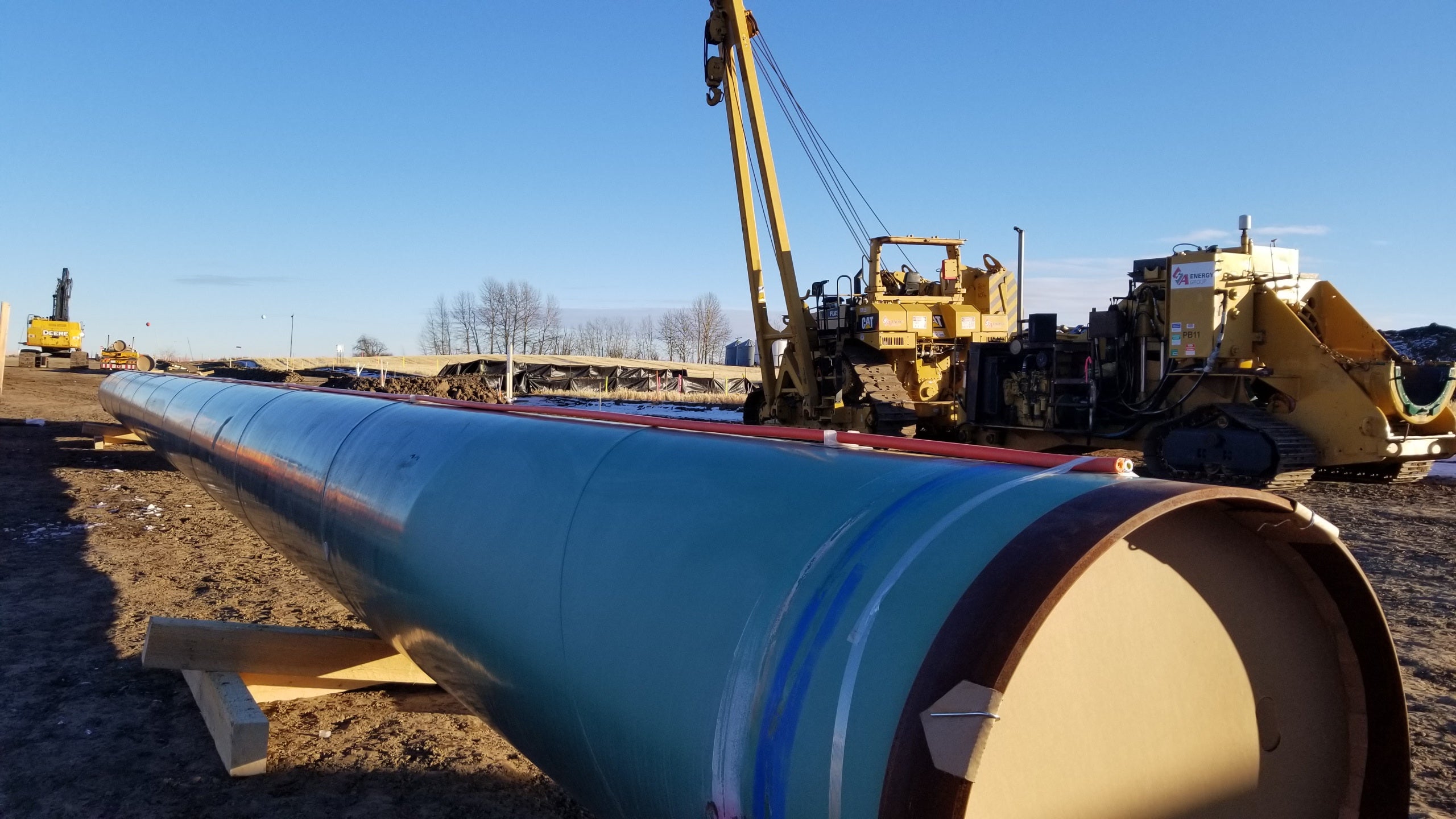
Canada’s Federal Court of Appeal has dismissed legal challenges made by indigenous groups against the government’s approval of the Trans Mountain Expansion Project.
The court dismissed four challenges put up by Coldwater Indian Band, Squamish Nation, Tsleil-Waututh Nation, and others, which alleged the Canadian federal government did not fulfill its duty of consulting with them ahead of the project’s approval.
The court said it had focused on the reasonableness of the government’s decision to approve the pipeline expansion project a second time – finding that adequate and meaningful consultation with indigenous groups had been made, thereby correcting its earlier flaws in consultation.
According to the court, the decision to approve the Trans Mountain Expansion Project was not a ratification of its earlier consent, but one that has been made with amended conditions after taking into account the renewed consultation.
It ruled there was no legal basis for overturning the decision, adding that litigants can now appeal to the Supreme Court of Canada against its decision within 60 days.
Natural resources minister comments on the Trans Mountain Expansion Project ruling
Canada’s natural resources minister Seamus O’Regan said: “From the beginning, the government of Canada worked with communities to shape the consultation process.
“Ministers engaged directly, project conditions were amended and accommodations were co-developed to respond to concerns raised.
“The result was the most comprehensive consultation ever undertaken for a major project in Canada’s history.
“The government approved the Trans Mountain Expansion Project because it is in the public interest.”
Trans Mountain expansion project details
The pipeline expansion project involves the twinning of the 1,150km-long existing Trans Mountain Pipeline between the Canadian provinces Alberta and British Columbia.
The CAD7.4bn ($5.67bn) project is owned by the Canadian government and has been facing resistance from various indigenous groups and other parties over alleged environmental concerns.
The Trans Mountain Expansion Project has been designed to almost triple the capacity of the existing pipeline from 300,000 barrel of oil per day (bpd) to 890,000 bpd.
Last month, the Supreme Court of Canada dismissed an appeal from the provincial government of British Columbia against a judgement made by the British Columbia Court of Appeal in favour of the pipeline expansion project.






